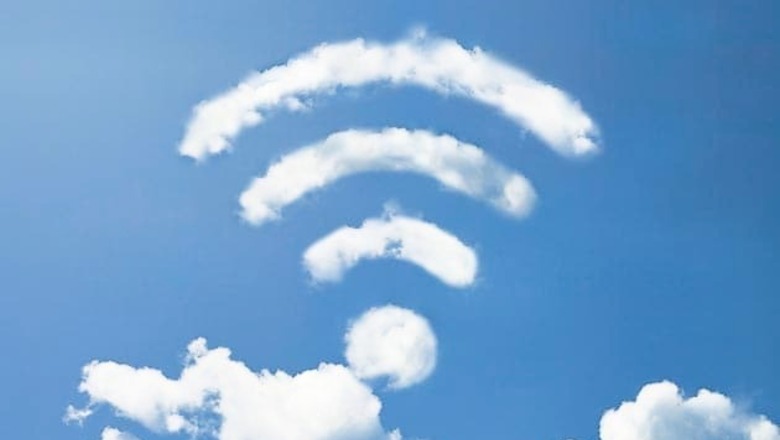
views
New Delhi: Looking to fulfil one of its major poll promises of providing free wi-fi in Delhi, the AAP government has come up with a set of 10 questions by way of which it is looking for suggestions from the public for implementing the project.
The Delhi Dialogue Commission (DDC), an advisory body of AAP government chaired by Chief Minister Arvind Kejriwal, on Sunday drew up the bunch of 10 questions seeking suggestions from the masses. DDC is inviting suggestions, opinions and recommendations on each of the the 10 questions at its email [email protected] and Whatsapp helpline, +919643327265.
The point-by-point response to the questions should be restricted to 200 words each, it said. After the first round of deliberations with experts from the telecom industry, DDC formulated the 10 questions for a "wider consultation to inform its work".
Thus, DDC is asking respondents how they would define public wi-fi while inviting case studies of public wi-fi in other parts of the world. It is also asking what should be the ideal level of access of public wi-fi and whether it can be made available right up to citizens' doorsteps? And, if yes, what are the feasibility and technological challenges and whether the wi-fi should be made available at well-defined public spaces in every neighbourhood?
"It also asked what is the infrastructure and technology required to create the public wi-fi network?... What should be the essential services that a government should aim at providing through public wi-fi? "What is the capex and opex required to create and operate public wi-fi? What could be a model that makes public wi-fi viable, sustainable and scalable in terms of usage, technology and financials," the DDC said in a statement.
"Can public wi-fi network be made financially self- sustainable if viewed from the welfare service perspective alone? Should there be multiple operators or an exclusive operator in a well-defined zone of the city? "What could be the operating architecture that brings all the stakeholders together? What are the advantages and disadvantages of a private enterprise model vis-a-vis a PSU model?" a DDC official said.
According to Delhi government, universal access to the Internet is a transformative idea that can empower citizens and provide a level-playing field for all, irrespective of economic status, educational qualifications, gender, race or religion. It will transform Delhi, and create a model for the rest of India to emulate, DDC said.
It can be argued that the next greatest enabler of opportunities for the poorest of the poor would come from access to the information highway and Internet and this will democratise opportunities and empower the common man, it added. DDC also listed the objectives, among which are access to all citizens to all government services via m-governance over wi-fi and ensuring that women in any public space in Delhi should be able to access the Internet and use it to reach police or family at all times.




















Comments
0 comment